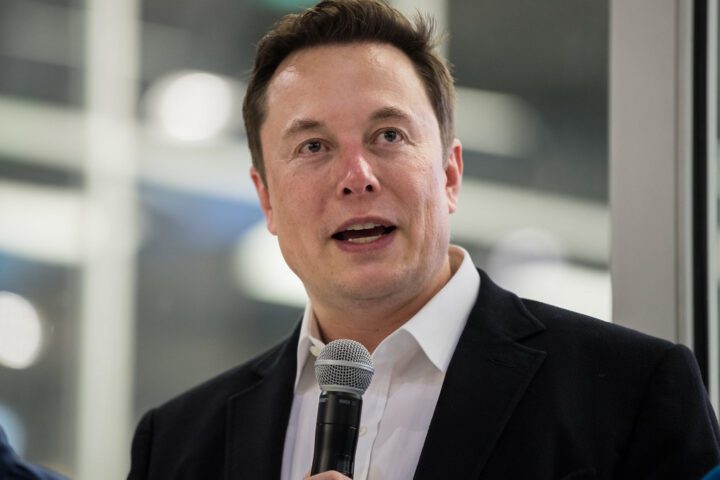Volvo Cars is slashing about 3,000 jobs worldwide, the Swedish automaker announced Monday. The cuts mainly target office workers at its Gothenburg headquarters in Sweden, hitting roughly 15% of its white-collar staff.
The company’s profits have taken a serious hit. In early 2025, Volvo’s operating profit fell to 1.9 billion Swedish kronor, down sharply from 4.7 billion kronor a year earlier. Revenue also dropped by 12%.
“The automotive industry is going through a challenging period,” said Håkan Samuelsson, Volvo’s CEO. “We must improve our cash flow and lower our costs.”
The cuts will eliminate about 1,200 employee positions and 1,000 consultant roles in Sweden, with the rest spread across other countries. The company plans to finish these changes by fall 2025.
Similar Posts
“It’s white collar in almost all areas, including R&D, communication, human resources,” Samuelsson explained. “It’s everywhere, and it’s a considerable reduction.”
Fredrik Hansson, Volvo‘s new finance chief, added that while cuts will affect all departments, most job losses will happen in Gothenburg.
The move is part of a larger 18 billion kronor ($1.9 billion) cost-cutting plan announced in April. Volvo has also withdrawn its financial forecasts for 2025 and 2026, pointing to unpredictable market conditions.
Several market pressures have pushed Volvo to this point. High costs are squeezing profits. Electric vehicle sales aren’t growing as quickly as expected. Last year, Volvo backed away from its goal to go fully electric by 2030, citing uncertainty around EV tariffs in various markets.
Trade tensions are another major worry. With most production in Europe and China, Volvo is particularly vulnerable to U.S. tariff threats. President Trump recently proposed a 50% tariff on European imports (now delayed until July 9). Samuelsson has warned that such tariffs could make importing some models to the U.S. impossible.
Volvo isn’t alone in its struggles. Nissan recently announced 11,000 job cuts and plans to close seven factories. Chinese EV maker BYD has slashed prices on more than 20 models, triggering a price war that’s putting additional pressure on traditional automakers.
Despite these challenges, investors seem cautiously optimistic about Volvo’s restructuring. The company‘s stock price rose 2.11% following the announcement.
The restructuring will cost Volvo up to 1.5 billion kronor, which will show up in its financial results for the second quarter of 2025. But the company hopes these painful cuts will help build what Samuelsson calls “a stronger and more resilient Volvo Cars” for the future.



















